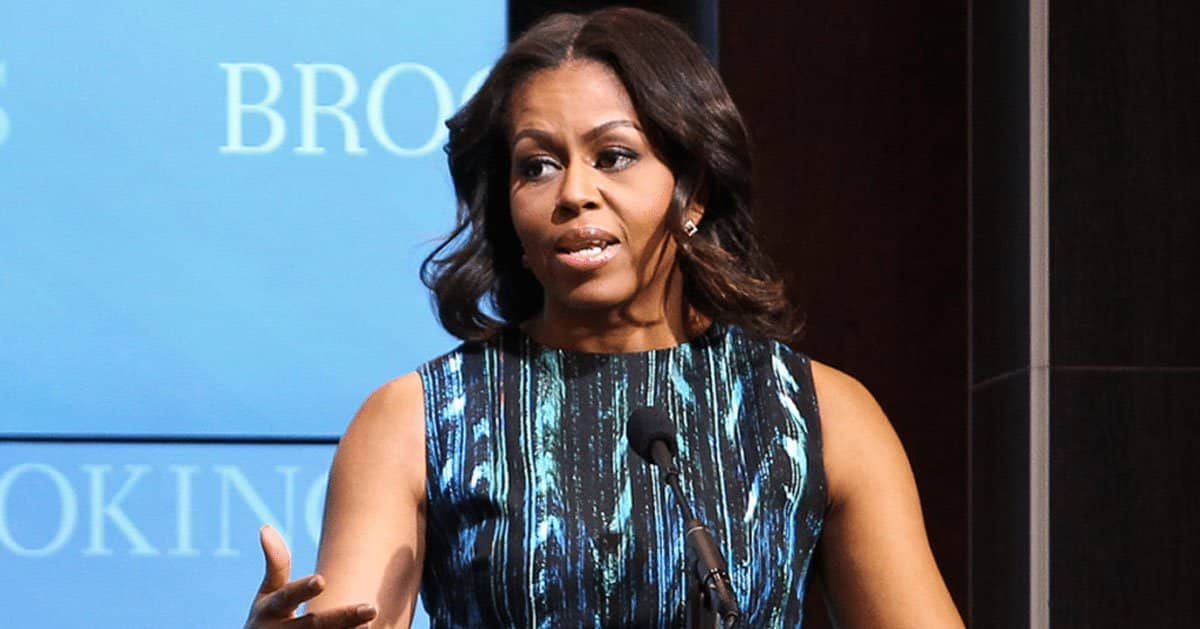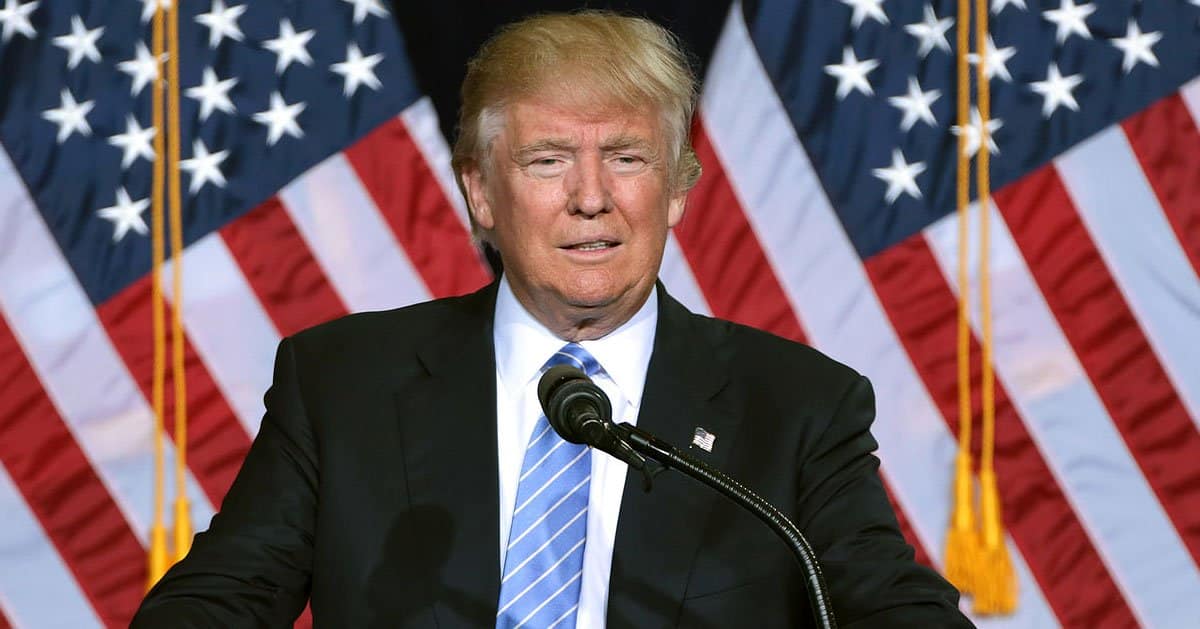







Arizona Governor Katie Hobbs calls for an end to inflammatory rhetoric in the wake of a threat to former President Trump's safety.
The Arizona Capital Times reported that Hobbs spoke out against political violence after the attempted assassination of former President Donald Trump. Addressing the media, Hobbs highlighted the urgency of fostering a non-violent political climate and the importance of curtailing inflammatory rhetoric.
While advocating for peace, Governor Hobbs herself has been criticized for previously labeling her political adversaries as "dangerous" and "extremists."
These comments have surfaced from her past campaigns, particularly during her competitive run against Republican Kari Lake.
During her tenure as Secretary of State and her campaign for governor, Hobbs experienced personal threats. She has been vocal about her encounters with aggressive political discourse, which she now condemns.
The governor's call for temperance came shortly after condemning remarks made by her press aide, Christian Slater, who had referred to State Senator Jake Hoffman as an "extremist." This has brought her previous use of similar language back into public scrutiny.
Governor Hobbs has continued to engage in sharp-tongued exchanges with the Republican-controlled Arizona House, even after her election, highlighting the ongoing partisan tensions.
The Arizona judiciary has also been a battleground for Governor Hobbs. Maricopa County Superior Court Judge Scott Blaney ruled that Hobbs acted unlawfully by withdrawing the names of unconfirmed nominees from Senate consideration, a decision she challenged without success.
Her battles with the state judiciary continued as the Court of Appeals dismissed her plea regarding the nomination process. Another hearing with Judge Blaney is scheduled to delve further into the Senate's role in these political nominations.
In her public addresses, Hobbs expressed her willingness to collaborate with Senate members who are serious about their roles, despite previous conflicts with figures like Senate President Warren Petersen and Senator Hoffman.
Following the attack on the former president, Hobbs described the incident as "horrific" and reiterated her stance against political violence. "Political violence has no place in this country," she declared during her prepared remarks.
"It is terrible. We have to come together and we have to stop inflaming this kind of rhetoric, using this kind of rhetoric," Hobbs stated, emphasizing the need for unity and peaceful discourse among political rivals.
In further remarks, Hobbs criticized the polarized nature of current political discussions, highlighting her disapproval of divisive tactics in governance. “Too often, our communities are being torn apart by politics,” she said. “We need to come together and remember that we are neighbors, friends, and American citizens, all united by a love for our country.”
In various statements, Hobbs has not shied away from strong criticisms of her opponents. She famously described Kari Lake as “dangerous and too extreme,” labeling her policies as “extreme and out of touch.”
Additionally, she has been forthright about her views on Senator Jake Hoffman, whom she labeled an “indicted fake elector,” referencing his legal troubles tied to the 2020 presidential election.
This juxtaposition of calling for reduced rhetoric while engaging in it has led to a complex public and political persona for Hobbs, who remains a central figure in Arizona’s political landscape.
In conclusion, Governor Katie Hobbs' recent statements underscore a significant shift in her public rhetoric, advocating for non-violent discourse while facing criticism for her past inflammatory remarks.
The situation presents a nuanced challenge as she navigates the delicate balance of political expression and the responsibilities of her office amidst ongoing legal and political battles.
Her efforts to work with the Senate on nominations, despite historical conflicts, also reflect an attempt to bridge divides and foster a more cooperative political environment.



